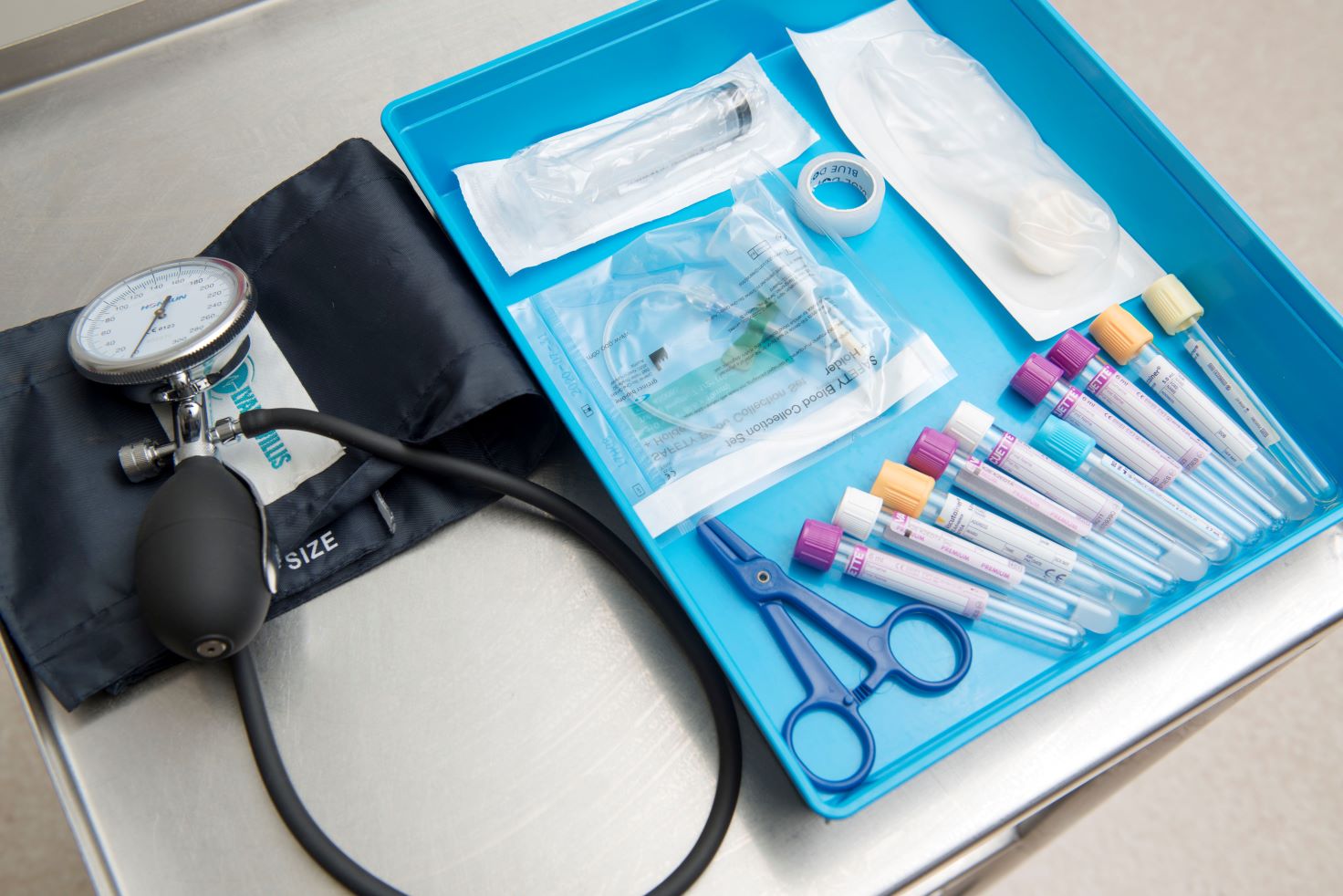Urgent call for young Black and Asian men to register as stem cell donors
Stem Cell Awareness Day
 This Stem Cell awareness day [11th October 2023], NHS Blood and Transplant is urging young Black African, Black Caribbean, and Asian men to register as lifesaving stem cell donors.
This Stem Cell awareness day [11th October 2023], NHS Blood and Transplant is urging young Black African, Black Caribbean, and Asian men to register as lifesaving stem cell donors.
Blood stem cell transplants are used to treat blood cancers and we simply don’t have enough young black or Asian men on the registry.
Only 37% of transplant recipients from minority ethnic backgrounds receive the best stem cell donor match from an unrelated donor, compared to nearly 72% for Caucasian people.
There is a particular need for more young men because clinical data shows us that transplants from young, male donors are more successful. They provide the highest doses of healthy stem cells. 75% of people who go on to successfully donate stem cells are males aged under 30 but only 12% of people on the UK’s combined stem cell registry are from this background.
Stem cell transplants help treat conditions where the bone marrow is damaged and is no longer able to produce healthy blood cells. This can help treat conditions affecting blood cells, such as leukaemia, aplastic anaemia and multiple myeloma.
The best chance of finding a match is from a sibling or a close family member. Around 30% of people find a match in their family. If there are no matches in the family, a search on the British Bone Marrow Registry (BBMR) will be carried out.
Khaled El-Ghariani, Consultant in Haematology and Transfusion Medicine at NHS Blood and Transplant said:
“Every offer to donate is valuable. But if you are a young black or Asian man, you are one of the most urgently needed people that we need to register as a potential blood stem cell donor. Your generosity and good health could save a stranger’s life.”
Dr M Suhail Asghar, Consultant in Blood Donations, Stem Cell Donations and Transplant, Therapeutic Apheresis Services at NHS Blood and Transplant, said:
“When a transplant centre has a choice of potential donors, they select young male donors first. This is because men produce higher stem cell yields, since they are on average bigger bodied. The more cells donated the more successful the transplant is likely to be.
“In addition, as stem cells age, they have a higher risk of abnormalities or poor function. Younger people are less likely to have medical conditions that would stop them being able to donate.
"And genetically, patients in need of a stem cell transplant are far more likely to match with Stem Cell donors of a similar ethnicity. People from ethnic majority backgrounds often have rarer tissue types which makes it harder to find matching donors."
How does stem cell donation work?
 Abrar Ali, 27, from Wandsworth in London, donated his blood stem cells in August 2019.
Abrar Ali, 27, from Wandsworth in London, donated his blood stem cells in August 2019.
He said: "I donated blood for the first time through an initiative organised by my local mosque with The Imam Hussain Blood Donation Campaign which is the UK's most successful Muslim blood donation partnership.
"The blood donation staff spoke to me about potentially donating a sample for the British Bone marrow Registry and I decided ‘why not’- it was another potential way of helping others.
"A few months later I received a phone call explaining I was a potential match for someone on the stem cell transplant waiting list. The staff explained everything to me and asked if I was happy to proceed with further tests. I discussed it with my family first, who were hesitant at the start, but as we researched and read the information online, they were happy for me to go ahead.
"As I was given a week’s special leave from my university placement role, and on the first four days a nurse came to my house to inject me with a drug that increases the number of stem cells in my blood. On the fifth day I went to donate.
"I was a bit scared and nervous but just wanted everything to go as planned. My mum came with me to keep me company. It was a straightforward process, I had two needles (one in each arm) connected to a cell-separator machine that collected the stem cells from my blood. I sat there and watched Netflix and had no problems whatsoever.
"Several days later, I returned to work, and my colleagues were incredibly supportive. They were so proud of what I had done, they even took me out for dinner."
Donating stem cells was such a straightforward process and extremely rewarding
Abrar has now graduated from the University of Brighton and is back to working in London and often thinks about the patient he donated his stem cells to.
He added: "I understand the donation must remain anonymous for some time, however, I hope the receiver is well and I would love to hear from them one day. Donating stem cells was such a straightforward process and extremely rewarding."
To join the BBMR register, simply inform staff at the blood donation session next time you give blood. NHS Blood and Transplant is looking for male stem cell donors aged under 40 and both male and female donors aged under 40 who from a Black and Asian and Mixed Ethnicity background.
You may be able to join other registries if you do not meet our criteria. Our UK partners are: Anthony Nolan and DKMS.
More information on the process of donating Stem Cells can be found here.